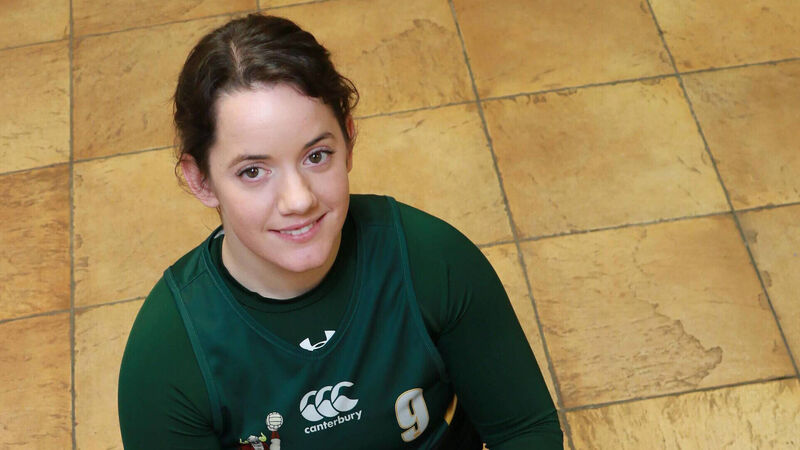‘I was hooked straight away’

A: Don’t worry, I’m always asked that question. Eight years ago a tree fell on my car on a stormy night. It left me paralysed from the neck down. C7 Quadriplegia is the official term for my condition. I was just gone 21.















